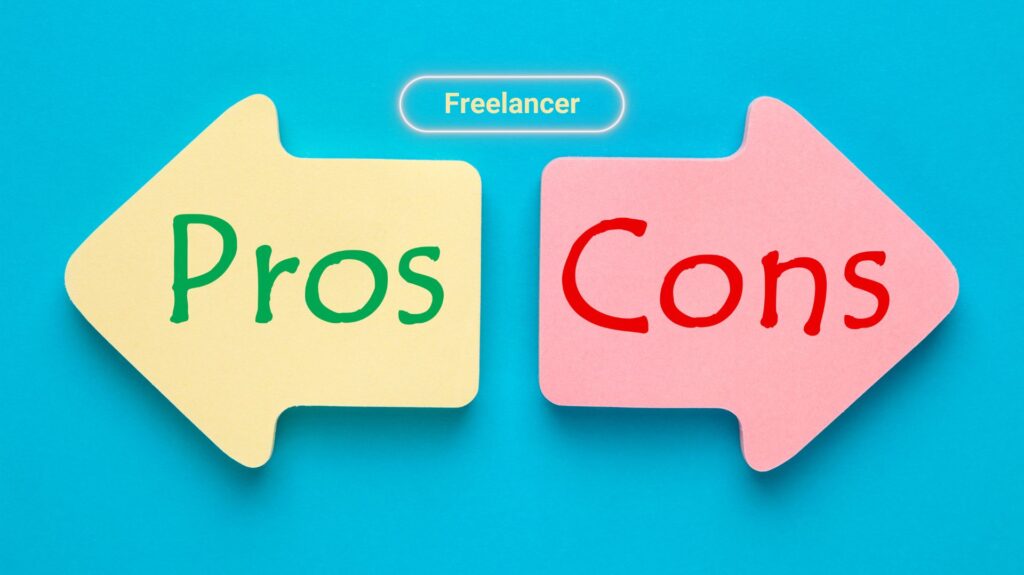Introduction
As the gig economy continues to thrive, more and more businesses and professionals are turning to freelancer platforms to connect and collaborate. These platforms provide a convenient way to find and hire freelancers for various projects. However, like any other business tool, freelancer platforms have their advantages and disadvantages. In this article, we will explore the pros and cons of using a freelancer platform.
Pros of Using a Freelancer Platform
1. Wide Talent Pool
One of the biggest advantages of using a freelancer platform is the access to a wide talent pool. These platforms attract freelancers from all over the world, giving businesses the opportunity to find the perfect match for their project. Whether you need a graphic designer, writer, programmer, or marketing expert, you can find professionals with the specific skills you require.
2. Cost-Effective
Freelancer platforms can be a cost-effective solution for businesses. Hiring freelancers allows you to save on overhead costs such as office space, equipment, and employee benefits. Additionally, many freelancers offer competitive rates, allowing you to get high-quality work done within your budget.
3. Flexibility
Freelancer platforms offer flexibility for both businesses and freelancers. Businesses can hire freelancers on a project basis, allowing them to scale their workforce according to their needs. Freelancers, on the other hand, have the freedom to choose the projects they want to work on and set their own schedules.
4. Time-Saving
Using a freelancer platform can save businesses a significant amount of time. Instead of going through a lengthy hiring process, businesses can simply post a job and receive applications from qualified freelancers. This streamlines the hiring process and allows businesses to start their projects quickly.
Cons of Using a Freelancer Platform
1. Quality Control
While freelancer platforms provide access to a wide talent pool, ensuring the quality of work can be a challenge. It’s important for businesses to thoroughly review a freelancer’s portfolio, ratings, and reviews before hiring. Additionally, clear communication and regular feedback are essential to ensure that the project meets the desired standards.
2. Communication and Time Zone Differences
Working with freelancers from different parts of the world can sometimes lead to communication and time zone challenges. It’s important to establish clear communication channels and set expectations from the beginning. Flexibility in scheduling and regular check-ins can help overcome these challenges.
3. Lack of Long-Term Commitment
Freelancers are typically not committed to a single employer or project for an extended period. This lack of long-term commitment can be a disadvantage for businesses that require ongoing support or collaboration. However, some freelancers are open to long-term arrangements, so it’s important to discuss expectations and possibilities upfront.
4. Platform Fees
Freelancer platforms often charge fees for their services. These fees can vary depending on the platform and the type of project. It’s important to consider these fees when budgeting for a project and factor them into the overall cost.
Conclusion
Freelancer platforms offer a convenient and cost-effective way to connect businesses with talented professionals. However, it’s important to consider the pros and cons before diving into the world of freelancing. By understanding the advantages and potential challenges, businesses can make informed decisions when using a freelancer platform.


Great